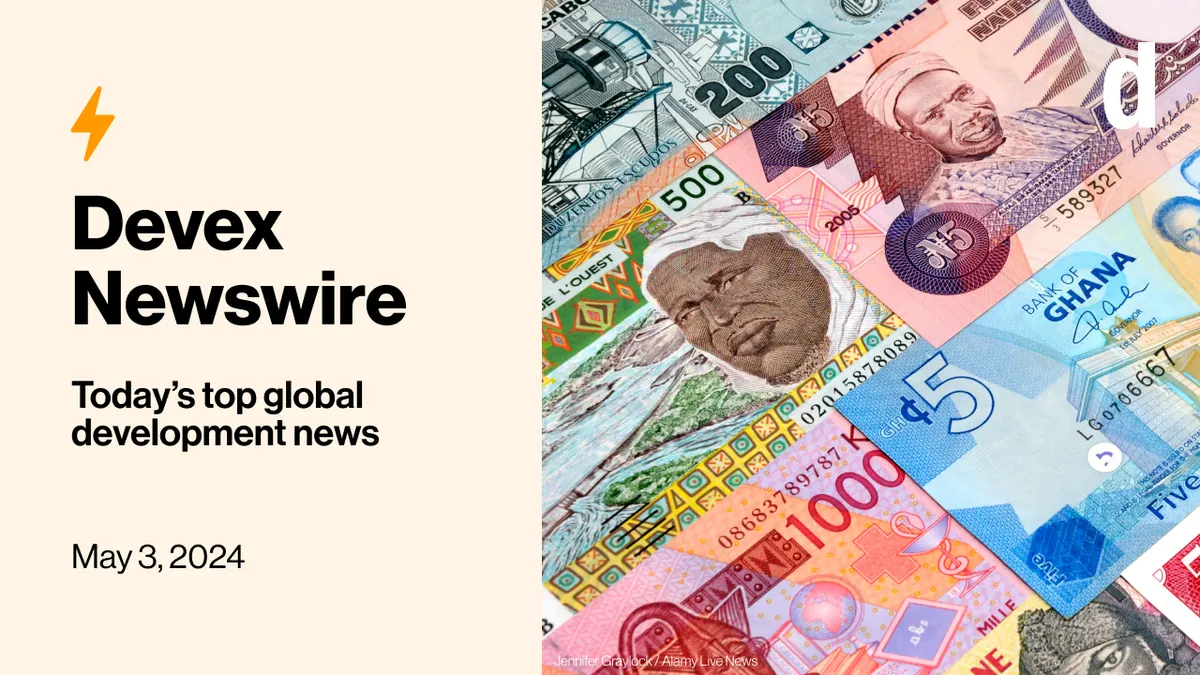A recent report has revealed that UK foreign aid has been allocated to projects in overseas regions with higher economic output than some parts of the United Kingdom. This allocation has sparked debate about the effectiveness and fairness of the nation's international development spending.
The Institute for Economic Affairs (IEA), a prominent think tank established in 1955, conducted an analysis comparing the GDP per capita of foreign aid recipients to that of Ards and North Down, the poorest region in the UK. The findings indicate that over £3 million of public funds were directed to areas abroad that are more prosperous than this Northern Irish district.
Among the projects funded were:
- An all-female traditional Yue Opera in Shanghai, China
- Anti-congestion measures in Kuala Lumpur, Malaysia
- A cycle lane in Mexico City, Mexico
The Yue Opera project in Shanghai, which received approximately £200,000 between November 2018 and February 2022, has drawn particular attention. Shanghai, China's most populous city, boasts a GDP per capita of £19,520, comparable to certain areas of London. In contrast, Ards and North Down's GDP per capita stands at £17,635.
Similarly, Shenzhen, often referred to as China's "Silicon Valley," benefited from a £200,000 arts initiative focusing on rural craft commercialization. Kuala Lumpur, Malaysia's capital and largest city, received £244,061 for public transport improvements to reduce congestion.
These allocations have occurred because the UK's foreign aid distribution is based on overall country wealth, disregarding regional economic disparities. The IEA has suggested implementing an additional check to prevent funds from reaching the most affluent areas within recipient countries.
"Taxing hard-working people in left-behind Britain to fund projects in affluent regions abroad is a policy of Robin Hood in reverse."
The revelations come at a time when domestic spending in the UK is under scrutiny. Despite this, the nation continues to provide approximately £8 million annually to China, the world's second-largest economy since 2010. However, this figure has significantly decreased from the £82 million allocated in 2019.
The UK has been providing foreign aid since 1929 and is currently one of the largest global donors. In 2015, the commitment to spend 0.7% of GDP on foreign aid was enshrined in law, although this was temporarily reduced to 0.5% in 2021 due to economic pressures.
As the debate continues, there are calls for a reevaluation of aid priorities to ensure taxpayer money supports the world's poorest populations, focusing on critical issues such as disease prevention, hunger eradication, and poverty alleviation.
